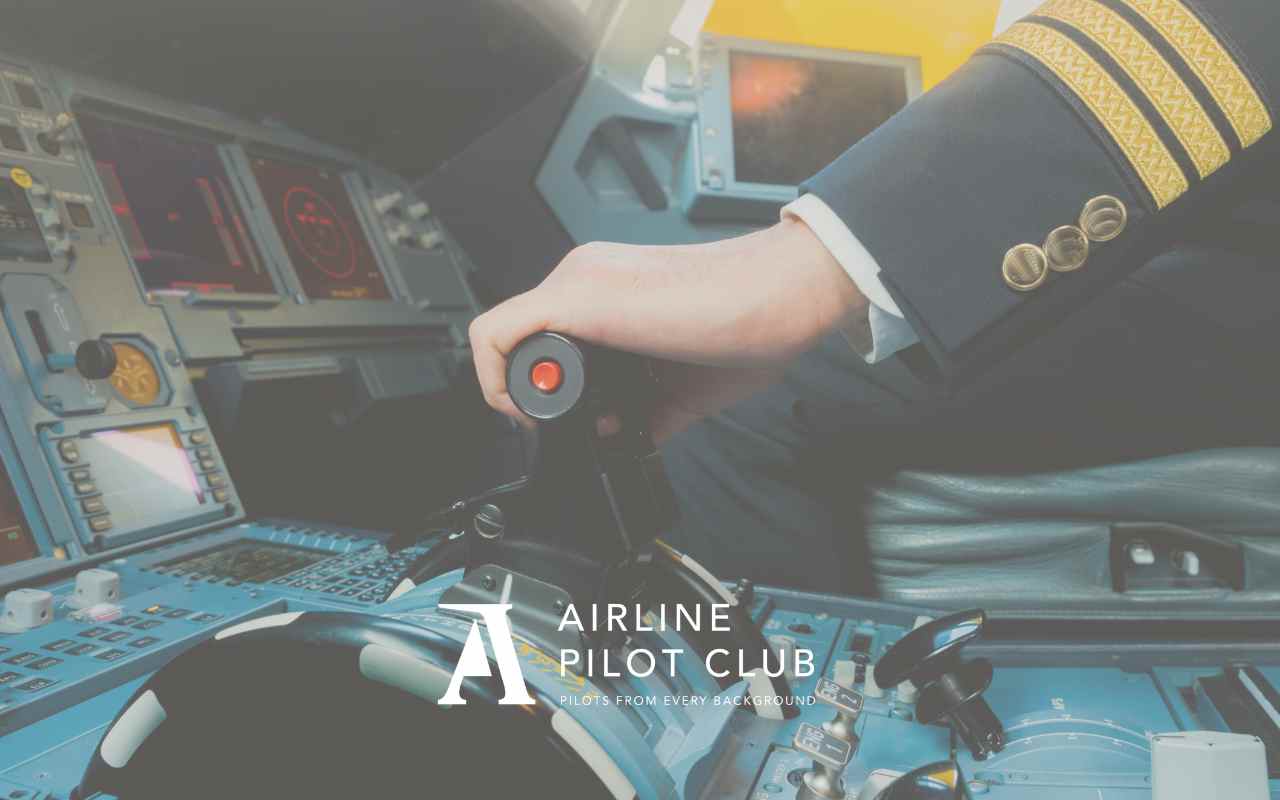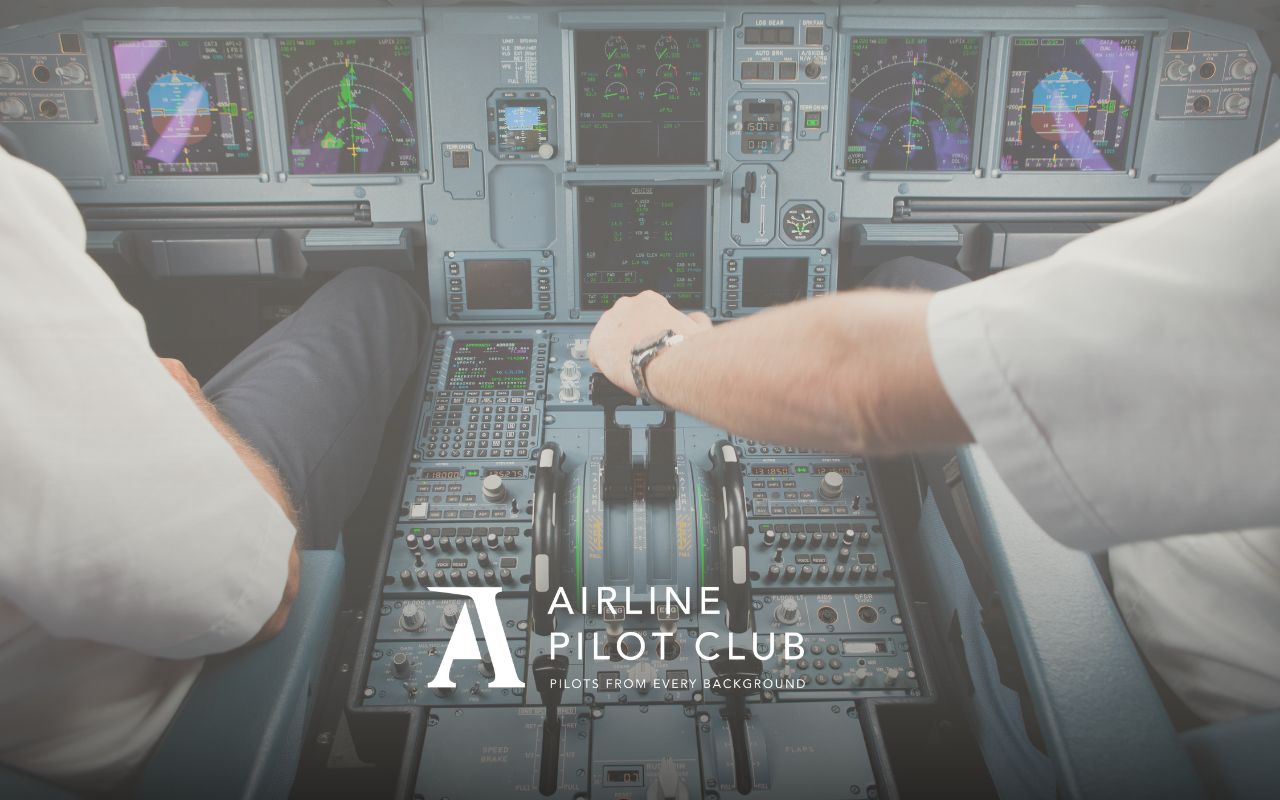David Learmount
Most people who decide they want to fly for a living do so because they see aeroplanes flying, or they travel on them, and that's enough to fire them up.
Fired up though they may be, when they get airborne in a learning environment, almost all student pilots find their brain seems to slow down. When it first happens to you, you wonder whether it's just you. It isn't.
It's normal to take to the air thinking flying is natural for us. After all, taking to the air has become commonplace. Some of the mystique associated with getting airline and leaving the ground below you has been lost. Until you try it.
To understand why pilot's brains, slow down in the air, it's worth thinking about why the sky is such an unfamiliar environment for us. Obviously, there are three dimensions to worry about up there, not just two. Of course, there still are the two horizontal dimensions - fore/aft and left/right - but also there is vertical, which is the height above the surface.
But is that really a problem? On the ground we face decisions all the time about horizontal directions, and our height changes if we travel over hill terrain. Doesn't it?
The ground IS our natural environment. Since our birthday it has been supporting us without our even having to think about it. So, there are no vertical decisions on terra firma.
Even our horizontal directions on the ground are taken care of most of the time. We know what our destination is, but we get there almost inevitably by following roads, tracks, or footpaths, usually signposted, but we are also surrounded by landmarks that are either familiar or chosen.
The sky could not be more different.
Airborne, there are no roads, no signposts, and from up there the landmarks on the ground either look completely different or are virtually invisible. Navigating in the air is a totally different task demanding the use of different - and unfamiliar - tools.
Whereas on the ground your decisions are mostly made for you, and you are instinctively ensuring that you avoid collisions with people, vehicles and obstacles in the crowded surface environment, the sky is relatively empty of collision prospects. This is because you are having continuously to fly headings and heights accurately, as judged by instruments on your flight control panel and navigation decisions you have made as part of your flight plan.
While airborne and accurately flying a chosen compass heading that takes account of the wind direction, you simultaneously have to maintain a chosen height, using an altimeter. You don't just have to fly straight; you have to flight straight and level.
Meanwhile several other interesting little stresses are taking their toll on your brain capacity at the same time! Fuel: Do you have enough to get there? Engine: Is it running smoothly and what does the oil pressure look like? Location: Are you developing that feeling of panic that you might be lost because you are suddenly not seeing what you expected to see?
There is no hard shoulder to stop on in the air!
GPS and the navigation displays of modern avionics could kid you into believing navigation is now a doddle but beware of developing digital dependency. Do your flight planning assiduously. Here is just one example of why you should: in the south of England there are two Farnboroughs. One is a town next to the airfield that hosts the famous air show, and the other is a village close to Biggin Hill airport.
It takes a while to learn to cope with the considerable differences between navigating the unfamiliar sky and our comfortingly familiar terra firma. But as you become more accustomed to what it takes to fly and navigate simultaneously, you will be glad to hear that - slowly - more of your brain becomes available for other tasks! Without knowing it, you are constantly building capacity, a really important concept in your development as a pilot. More of this later!

 (1024 × 768 px).png)


